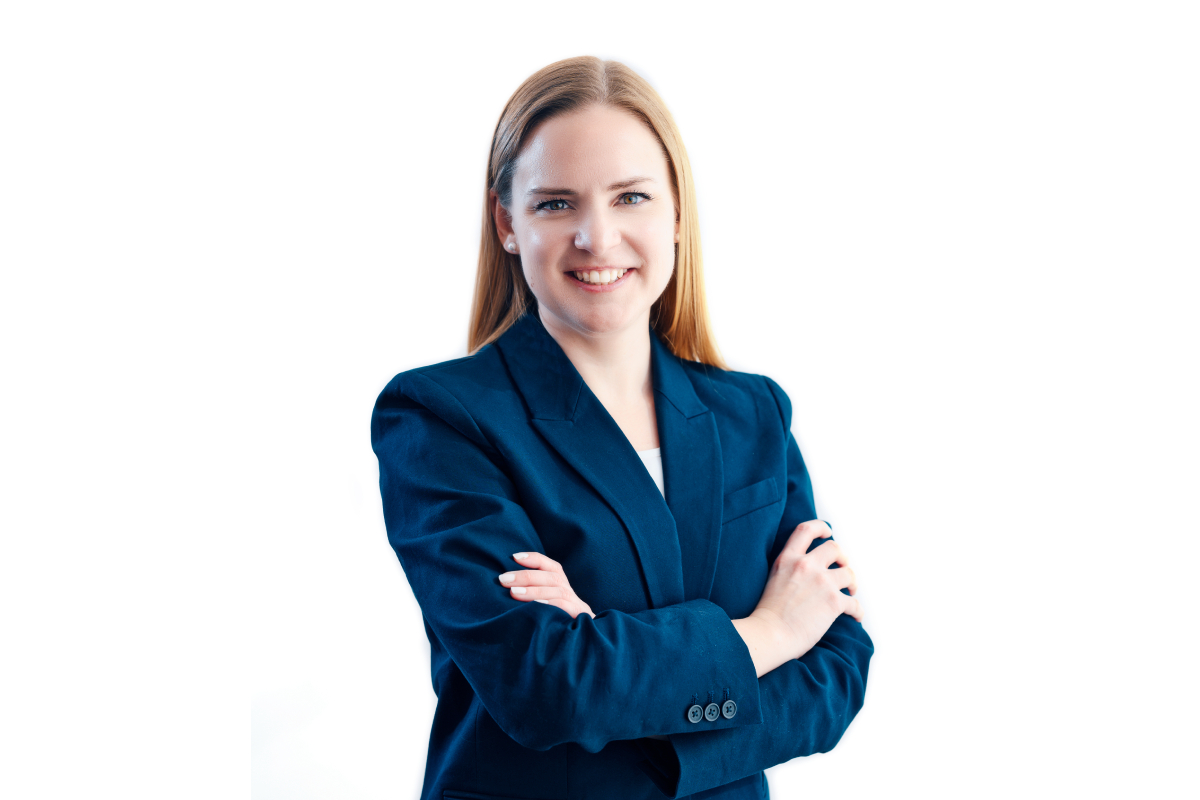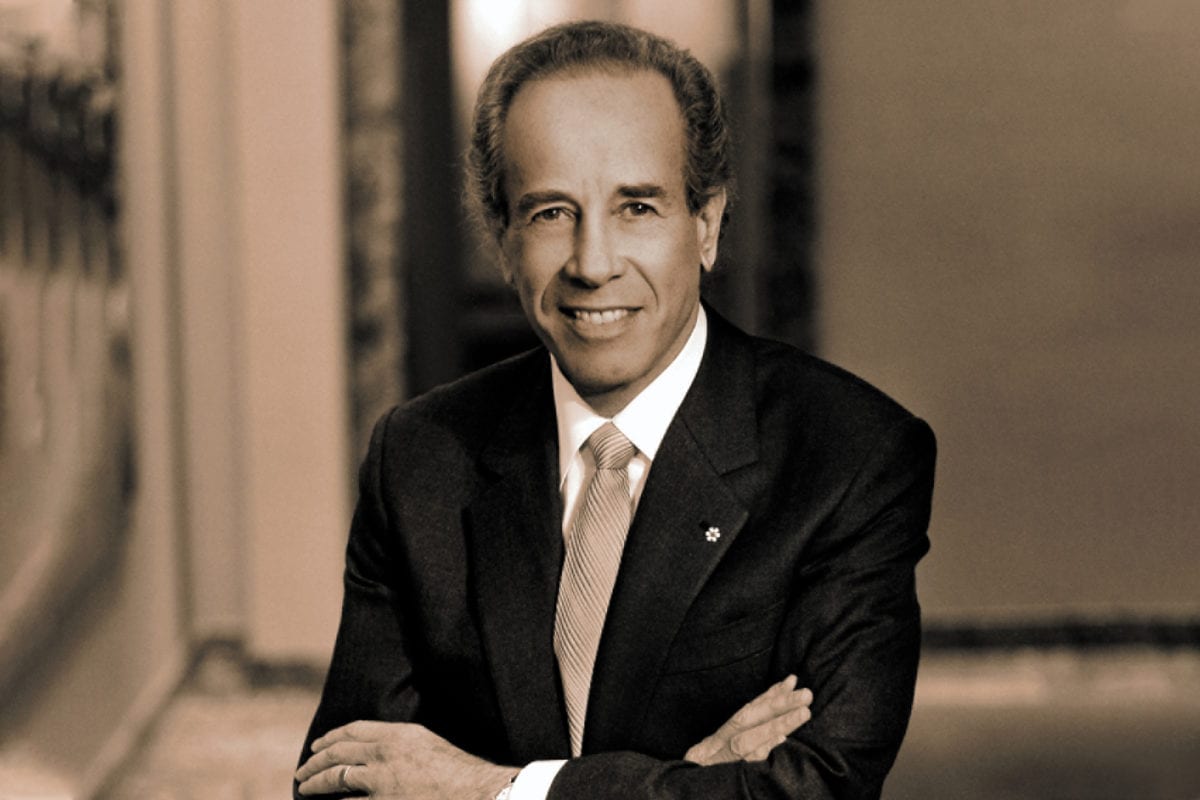From working in science labs to going back to school to complete her MBA at Queen’s University and moving up as a consultant and in leadership roles in tech, Lauren Park is no stranger to embracing change, innovation and professional growth.
She seeks out opportunities and knows that the best way to support your team is to really get to know them and to communicate with them well.
Lauren took time out of her busy schedule to talk with The Edge about learning from previous experiences, taking risks and the value of asking questions.
Prior to your current director position with Security Compass, you worked in consulting for IT, manufacturing operations and environmental labs. What have you learned from these previous experiences that help you in your current leadership role?
I’ve worked in different sectors, different industries and had different roles in all of them. One of the biggest things I’ve learned is the importance of talking to and really listening to people. When I was working as a consultant, we were making some pretty significant changes to organizations. I’m always looking to find the “why” through conversations, specifically, why things are done a certain way—what is working and what isn’t—then helping to fix the issues. Maybe it’s [through] collaborating more closely with another team or getting more information up front to help make a task easier later. I’m naturally inquisitive so I think asking questions and actively listening to the answers is so important and key to becoming a successful leader.
Things are shifting as more women are involved in the tech and business fields, taking on more leadership and executive positions. Can you talk about your experience as a woman in business?
I have been very fortunate to have great mentors and role models who valued me as a person and never treated me differently to my male colleagues. I think many industries are really embracing differences and realizing that diversity in the workplace is extremely valuable. I’ve had great encouragement about how to overcome societal pressures that women often face. Perfectionism, as an example, and the feeling that you want to have everything perfect before speaking up. I recognize that it’s okay to make mistakes, that it’s okay to say something and not have all the answers. You have a voice [and] you’re here for a reason, so speak up. Bring your knowledge, bring your true self and who you are to the conversation. Having a strong leader to encourage women to speak up more and to bring out those voices to share their opinions also really helps.
What advice or insight do you have for someone switching career pathways or entering a new industry?
I’ve changed paths a few times in my career, whether it’s going back to school [for my MBA], or shifting from science into consulting and then into technology. I would highly recommend making a move, as you learn so many new things and are able to bring a different perspective. It’s important to remember you’re always able to bring a unique viewpoint to conversations and situations. If you’re looking to make the transition; examine your transferable skills, recognize what you have and assess how you can bring that experience to a new industry or company.
One other big thing, especially if you’re switching industries, is learning the lingo of the new industry as quickly as possible. You’re definitely not going to know everything going in, especially where you don’t have the background. Do your homework before you interview and then ask a ton of questions. Every company that I’ve worked with has acronyms that I’ve had to learn; new industries have acronyms that I’d never heard of before and using the correct terminology and examples is helpful in building credibility.
What does an ideal work-life balance look like for you, both personally and professionally?
For many of us, our homes became our offices during the pandemic. Finding that balance has been very challenging for me. I found setting times for activities—when to work, when to take a break and having some form of exercise every single day has been so important for my mental and physical health. It could be a walk around the block or going to get a coffee in the middle of the day. By doing that, I was able to come back [to] the next task energized and refreshed. From a work perspective, the pandemic has really shown us how important that balance truly is. Whether you’re taking three hours in the middle of the day to homeschool your kids, or going for a walk or a bike ride, we’ve seen a lot more flexibility throughout the last year or so. Having a balance and knowing that as long as you’re getting your work done by the expected timelines—that’s really the most important thing. In tech, there was already a bit more flexibility than some other industries but I think we’re seeing the shift even more and I’m hopeful it will continue.
With regards to managing both people and projects, what advice would you give to someone new in this type of role?
Organization and communication [are] key to managing both people and projects. It’s important to communicate issues and challenges as soon as they arise. When you’re managing a project, there will be many different people working together towards a common goal. Whether it’s a new product, feature or system implementation, there are a lot of stakeholders to consider. Communication and being up-front is essential in making sure everything is successful. Really connecting and getting to know people on a personal and professional level is key, as well as having them get to know you. From a people management perspective, find out how much support do they need? Would they benefit from guidance and support as you’re moving along? You can adapt your style of management to help them become the best team member they can and to really work together and make sure everyone finds success.
Stephanie Hawkins | Contributing Writer















